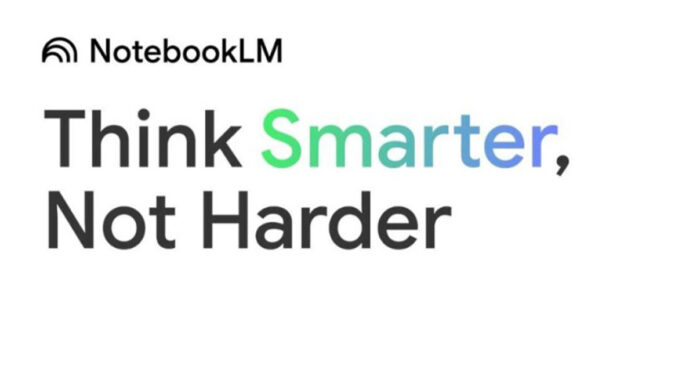In a world drowning in content, I often find myself overwhelmed by the sheer amount of information I need to process — whether it’s prepping for a client presentation, researching for an article, or just trying to make sense of my scattered ideas. That’s when I stumbled upon NotebookLM by Google, and I have to say, it’s been a refreshing shift in how I work.
At its heart, NotebookLM feels like having a super-smart research assistant who actually reads your notes. You upload your sources — PDFs, Google Docs, URLs, even YouTube video transcripts — and the AI gets to work, helping you synthesize, summarize, and ask questions about your material. And it’s not just surface-level stuff. I’ve uploaded entire project folders and watched as it connected the dots in ways I hadn’t even thought of.
What blew me away initially was how deep the tool goes. It doesn’t just pull a quote or give a vague summary; it can digest information from up to 50 different sources — that’s roughly 25 million words — and respond with structured, grounded answers. Need a study guide? A timeline? A summary with source citations? Done.
I first heard Steven Johnson, a well-known author and part of the NotebookLM team, describe it as “a tool for understanding things,” and honestly, that nails it. Unlike ChatGPT or Google Bard, which can give general answers from the internet, NotebookLM sticks strictly to what you feed it. That accuracy — and the clear citations in every answer — really sets it apart.
What also makes this tool unique is that it’s tailored for thinkers and creators. I’m talking students, educators, researchers, writers — anyone dealing with complex ideas and fragmented sources. In my case, I’m often juggling Google Docs, browser tabs, and notes from meetings, and NotebookLM helps me bring all that chaos into a single, coherent workspace.
One feature I didn’t expect to love as much as I do is the Audio Overview. Imagine two AI voices having a podcast-style conversation based on your uploaded material. Sounds gimmicky, right? But it’s actually incredibly effective. Whether I’m walking or just too tired to read, listening to my content being discussed helps me absorb the ideas better — and it’s surprisingly engaging. You can even tweak the tone: formal, friendly, casual — your choice.
Also, with support in 50+ languages, I can now work with content in Urdu, French, or even a bit of Turkish I’ve been exploring — and still get the same intuitive experience. That global accessibility is a big plus in today’s interconnected world.
That said, NotebookLM isn’t perfect. The Audio Overview, while fun and helpful, isn’t a replacement for deep critical analysis — and sometimes, you still need to read the actual documents to catch the nuance. Also, while the interface is simple, there’s a bit of a learning curve when it comes to organizing and tagging content efficiently.
But here’s the bottom line: NotebookLM has fundamentally changed how I research, plan, and create. It’s not just another AI tool — it’s a partner in thinking. Whether you’re outlining a novel, prepping for exams, or wrangling a chaotic project brief, NotebookLM doesn’t just organize your content — it helps you think better.
It’s not just smart — it makes you smarter. And that’s why I keep coming back.





































